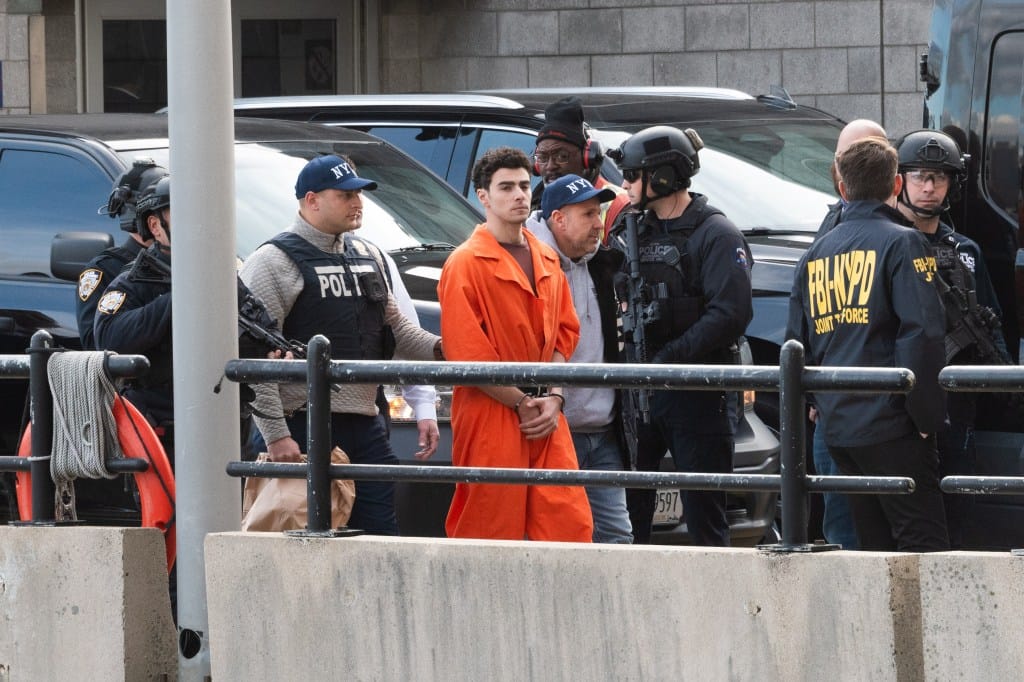The New York City Council and advocates are pushing public school officials on their plans to keep new or expanded programs afloat after federal pandemic aid expires next school year.
One program that could finally see some reprieve: Early childhood education, Schools Chancellor David Banks indicated at a hearing on the education budget Monday. The sector, which received a large share of federal stimulus, is also facing two rounds of cutbacks by Mayor Adams for next school year that altogether amount to an almost $263 million funding gap.
“I am fighting like heck to make sure that those cuts are restored,” Banks told councilmembers. “And I have great confidence that in the coming weeks, we will have really good news around early childhood. The Mayor’s Office, City Hall feels the same way.
“Parents of New York City are waiting to see if these cuts are going to be restored. I’m fighting for that to happen. And I believe that is exactly what is going to happen in the coming weeks,” the chancellor said.

Mayor Adams is facing intense political pressure over cuts to 3-year-olds’ preschool programs. Ahead of the hearing, families organizing with New Yorkers United for Child Care petitioned Sunday at playgrounds in Manhattan, Brooklyn and Queens to undo the rollbacks that, they say, threaten to push them out of an increasingly unaffordable city.
“The mayor is not Mr. Mean,” Banks said. “He’s not here just like I want to just randomly cut programs. What he’s working with is the reality of the dollars that he has to work with, and so am I.”
The administration has made some progress to connect families with programs, such as shifting 7,000 seats to meet demand, Deputy Chancellor of Early Childhood Kara Ahmed said at the hearing. For example, if the city budgeted for an empty seat in a pre-K program, they could convert it to a slot for a toddler.
Still, 23,000 preschool seats remain vacant, Ahmed said, and programs with availability are not evenly distributed across the city. Data shared with the Council last week showed 19 of 32 school districts had more applicants for 3-K than kids enrolled. Education officials are expecting more granular data from consultants at Accenture early next month.
“This is a crisis situation that we have huge unmet demand for these seats, and the seats are going unfilled,” said Councilman Lincoln Restler (D-Brooklyn), citing the lawmakers’ data.
The cuts for next school year were originally expected to be more dire. Mayor Adams, who substantially reduced the education budget in November, scaled back previously announced cuts a few months later before calling off altogether another round planned for this spring.
But the public schools are barreling toward a “fiscal cliff” of almost $1 billion in federal money currently propping up local education programs.
“While the department’s budget has grown over the past few years, it did so with expiring stimulus dollars that were intended to be used for short-term programs aimed at COVID recovery, reopening schools,” said Councilwoman Rita Joseph (D-Brooklyn), chair of the education committee. “However, New York City public schools use these time-limited federal dollars to fund both longstanding and underfunded programs.”
“And so, the questions now remain if we believe the need still exists for investment in these programs? The answer is a resounding yes,” Joseph said.
Throughout the administration’s close to four hours-long testimony, Banks described the federal stimulus programs, which include social workers and shelter-based Education Department staff, as “hugely popular and successful” — but repeatedly warned of the fiscal implications.
“This notion that we can maintain all of these excellent programs without any tradeoffs is, in my judgment, unrealistic,” the chancellor said. “It’s a math that I’m really not familiar with.”
Federal stimulus programs also include “community” schools that partner with community organizations to provide services and a successful initiative for high school students at risk of dropping out. Some of the providers of those programs, joined by advocates and union members, rallied outside City Hall before the hearing to push the administration to publicly release its plans.
“With less than three months to go, we are here to say the time to act is now,” said Annie Minguez of the Emergency Coalition to Save Education Programs at a rally before the hearing.








